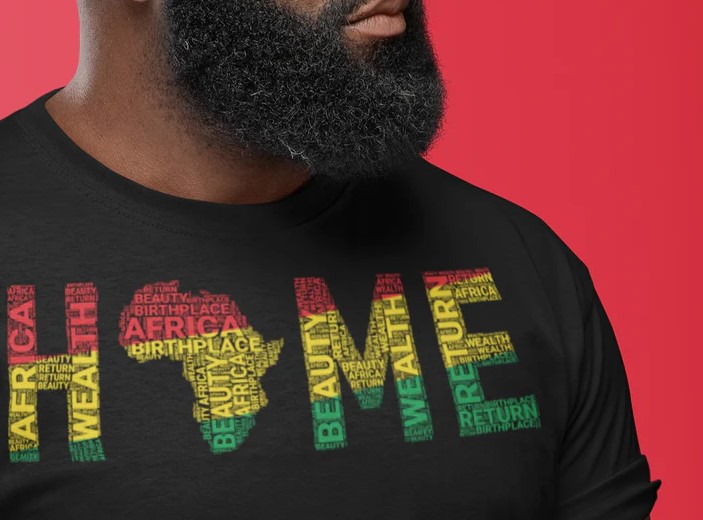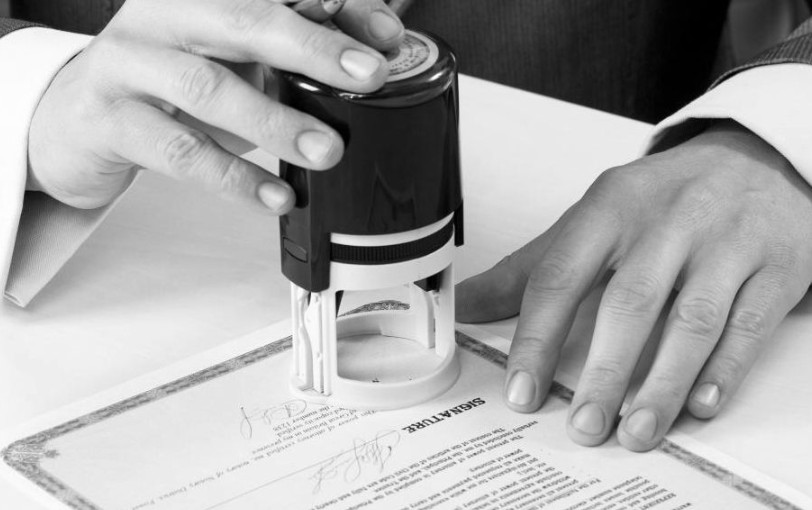
Clothing has long been recognized as a powerful form of communication, conveying messages about identity, culture, and values. In the realm of defense law, where every detail matters, the attire worn by attorneys can serve as a strategic tool in shaping perceptions, building connections, and advocating for justice. This essay delves into the significance of clothing choices for defense attorneys, with a specific focus on the incorporation of African clothing, the Pan African hat, African American hoodies, black-owned fashion, and Haitian clothing.
Defense attorneys occupy a unique position in the legal system, tasked with defending the rights and liberties of individuals facing criminal charges. In this role, the choice of attire goes beyond mere fashion; it can be a statement of solidarity, empowerment, and cultural pride. By embracing elements of African clothing, such as vibrant colors, intricate patterns, and traditional motifs, defense attorneys can signal their connection to their heritage and community. The inclusion of the Pan-African hat, a symbol of unity and resilience among people of African descent, adds a layer of symbolism and purpose to their wardrobe, articulating a commitment to justice and equality.
African American hoodies, often associated with resilience and social activism, offer defense attorneys a way to engage with contemporary issues of race, identity, and representation. By donning garments that speak to the experiences and struggles of the African American community, attorneys can signal their awareness of systemic injustices and their dedication to advocating for marginalized populations. Furthermore, supporting black-owned fashion brands through their clothing choices not only amplifies the voices of Black designers but also aligns attorneys with a movement towards economic empowerment and cultural visibility.
The incorporation of Haitian clothing in the wardrobe of defense attorneys speaks to the diverse cultural tapestry of the legal profession and the clients they represent. By integrating elements of Haitian culture into their attire, whether through traditional garments, accessories, or colors, attorneys can demonstrate respect for their clients’ backgrounds and foster a sense of connection and understanding. In a courtroom setting, where communication extends beyond words, the cultural symbolism embedded in clothing can bridge gaps in language and experience, facilitating a deeper level of empathy and collaboration.
In conclusion, the clothing choices made by defense attorneys are not merely a matter of personal style but a deliberate expression of their values, advocacy, and cultural identity. Through the use of African clothing, the Pan African hat, African American hoodies, black-owned fashion, and Haitian garments, attorneys can harness the power of clothing to convey messages of solidarity, empowerment, and inclusivity in the legal sphere. In a profession that demands credibility, compassion, and authenticity, the language of identity spoken through attire can be a potent tool for defense attorneys seeking to make a meaningful impact in the pursuit of justice and equity.



